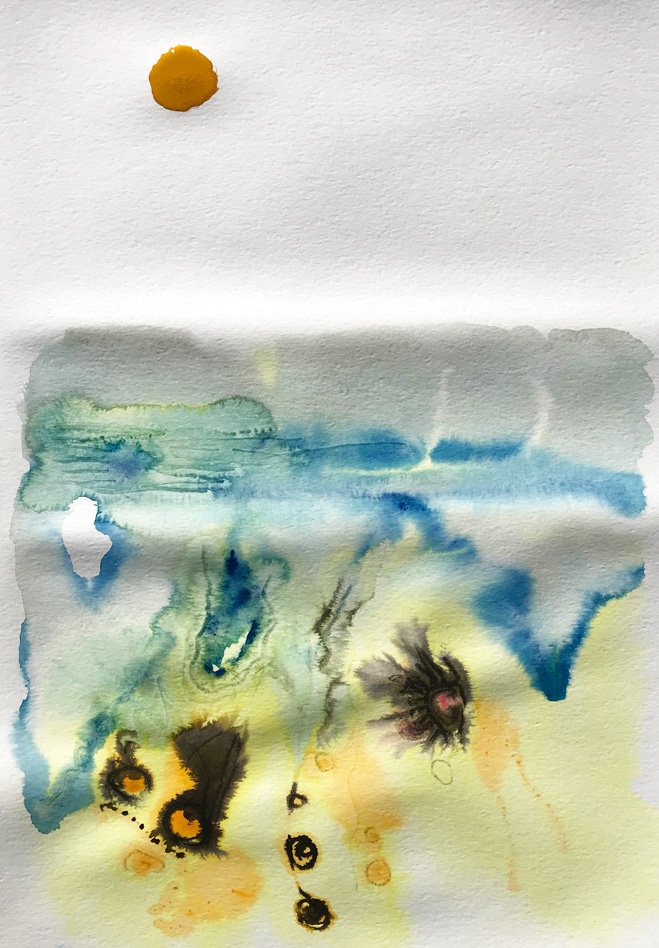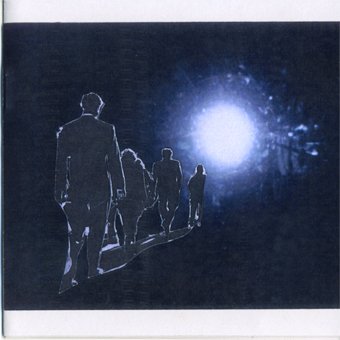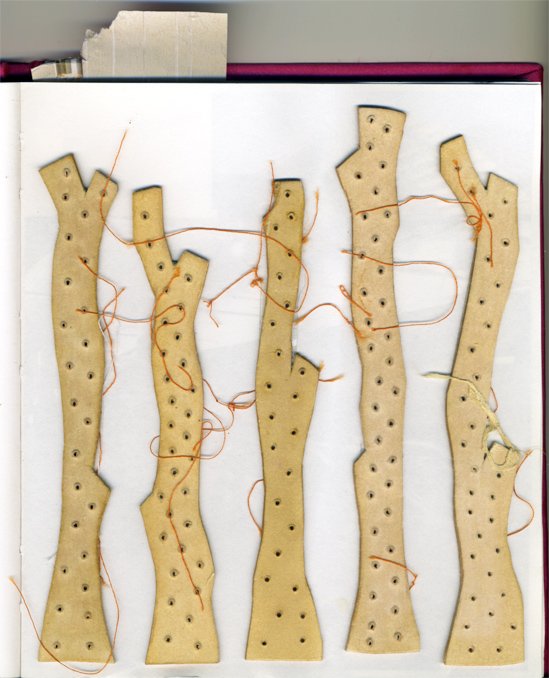Expressive Arts Therapy



Different art modalities may be used in an integrated way to awaken creativity, experience new insights, identify strengths and inner resources, and foster self-healing. I see my role as a companion into self-discovery, offering an environment of humility, warmth, vibrancy, creativity, courage, compassion, and care. All art materials are provided, and there is no need for experience in art making!
Expressive Arts Therapy is grounded in the humanistic principles that all people have an innate ability to be creative, and that the process of creation can be profoundly transformative. Creative expression and reflection is used as a mechanism for personal growth as it can elicit greater self-awareness, self-understanding and insight. This can be a powerful tool for psychological, physical and spiritual wellness.
Our experience of the world is not just a cognitive one – it includes sensory integration; the process by which we receive information through our senses such as sights, sounds, touch, smell, taste and intuitive perceptions. We then organise this information internally and use it to participate in everyday activities. The Expressive Arts incorporates various art modalities, (which allows us to tap into different ways of knowing) such as:
- VISUAL ARTS: Painting, Drawing, Collage, Photography, Clay, Sculpture and Installation
- SOUND: Healing Sound Instruments, Self-created Sounds, Humming, Toning, Singing, Music-making, and Deep Listening
- WRITING: Poetry, Prose, Creative Writing and Journaling
- MOVEMENT: Authentic Movement, Tai Chi, Dance and Gesture
- DRAMA: Improvisation, Storytelling and Role-playing
- ALSO: Meditation, Mindfulness, Spirituality and Active Imagination
By moving between art forms allowing one to flow into another, we can express our selves in different ways, let go of inhibitions, and eventually arrive at our own individual essence. Working under the premise that all art modalities arise from the same creative wellspring, we learn to explore and follow the creative impulse wherever it takes us.
Throughout this process, we can learn new and different ways to express our thoughts, feelings and ‘inner-knowings’ that were not previously available to us by just talking about them. This can lead to a process of self-discovery and understanding. The creative process then becomes the path to emotional wellbeing – when we source the essence of our lived-experiences, we can begin to make meaning for ourselves. By understanding the core values operating implicitly in our lives, other possibilities and ways of being may become apparent to us. This can empower participants to foster both self-knowledge and self-care as a mechanism for healing, illumination, vitality and a sense of oneness.
The Expressive Arts facilitator is not there to make a diagnosis, interpret, judge or evaluate the art that is created by the client. Rather their role is to create an environment of empathy, safety and acceptance in which expression can flourish, and then to guide the client/artist to engage with their own work. This allows the client to enter the unknown and explore all aspects of their expression so that the person, group, or community may begin to see themselves more clearly and discover new possibilities for healing.


